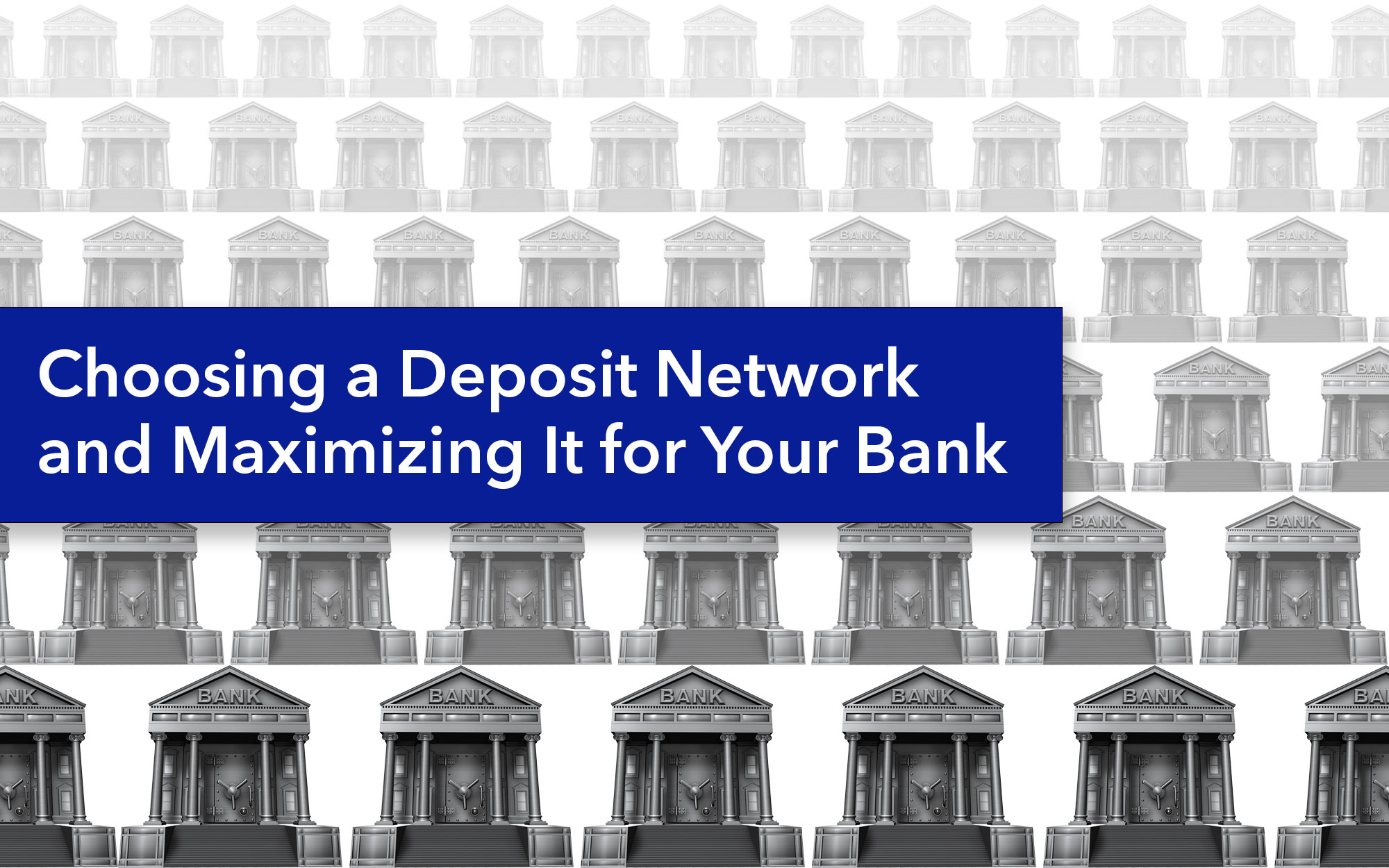By Steve Kinner, Senior Managing Director, IntraFi
In a market where deposit competition is fierce and industry turmoil has placed an increased emphasis on safety, one of the best ways to proactively reassure your most-valued customers could be joining a reciprocal deposit network.
Per IntraFi’s quarterly survey of bank executives, as of Q4 2023, 81% of institutions reported that deposit competition had worsened compared to 2022, with most expecting this trend to continue across 2024. Given this competition, access to millions of dollars of aggregate FDIC insurance across network banks in a reciprocal deposit network can be a valuable tool to any bank.
What do bank customers say about reciprocal deposit networks?
Reciprocal deposits (i.e., deposits a bank receives through a deposit network in return for placing a matching amount of deposits at other network banks in increments under the FDIC insurance limit of $250,000) can delight large depositors and bankers alike.
Cindy Thomas, a depositor who handles millions of dollars flowing through a property management company in Silver Spring, Maryland, found significant value in the reciprocal deposit products offered by her bank.
“[My bank] does all the work for me,” Thomas said. “I’m getting a good rate of return, and it is so easy for me. I can see all the details in one place. I would think that anyone who is doing my type of job would want to use these products.”
Erik Burgdorf, the business manager at Immanuel Lutheran, a 175-year-old church and school in St. Charles, Missouri, also uses products available via a deposit network.
“When we looked at this product, we said yes, absolutely, this is something we need to jump on. It was a no brainer,” Burgdorf said. “With the [deposit network] product, our funds are protected, we earn a competitive rate, and it does not cost us the significant time and effort required if we were to do this ourselves.”
What to look for in a deposit network?
Not every deposit network is created equal. Consider these questions before signing up:
- Does the provider compete with banks for deposits? Some networks may double-dip and pursue depositors, creating a potential conflict of interest.
- Does the provider offer multiple deposit product options for placement of funds? The more options, the more flexibility your bank can offer.
- Does the provider ever have possession of customer funds? Preferred networks will use highly reputable, established banks for settlement, keeping your depositor’s funds at arm’s length.
- Is the bank allowed to set the interest rate? A network that lets your bank set the interest rate enables you to control your profit margin and create customized offerings to retain valued depositors.
- Does the provider have relationships with many banks? Larger networks typically mean higher deposit balances can be placed, providing more flexibility for your bank.
With the right reciprocal deposit network, your bank can build stronger customer relationships, fund more loans, and seamlessly manage its liquidity.
About IntraFi
IntraFi® is a trusted partner chosen by more than 3,000 financial institutions nationwide. IntraFi’s network—the largest of its kind—brings scale, giving each participant access to tens of billions of dollars in funding, the highest per-depositor and per-bank capacity, and the peace of mind of being able to make large-dollar placements. Visit https://hub.intrafi.com/secure-large-deposits-now to learn more. Or contact IntraFi at (866) 776-6426 or [email protected] to find out how your bank can join our network of financial institutions and benefit from The Power of Many®.






